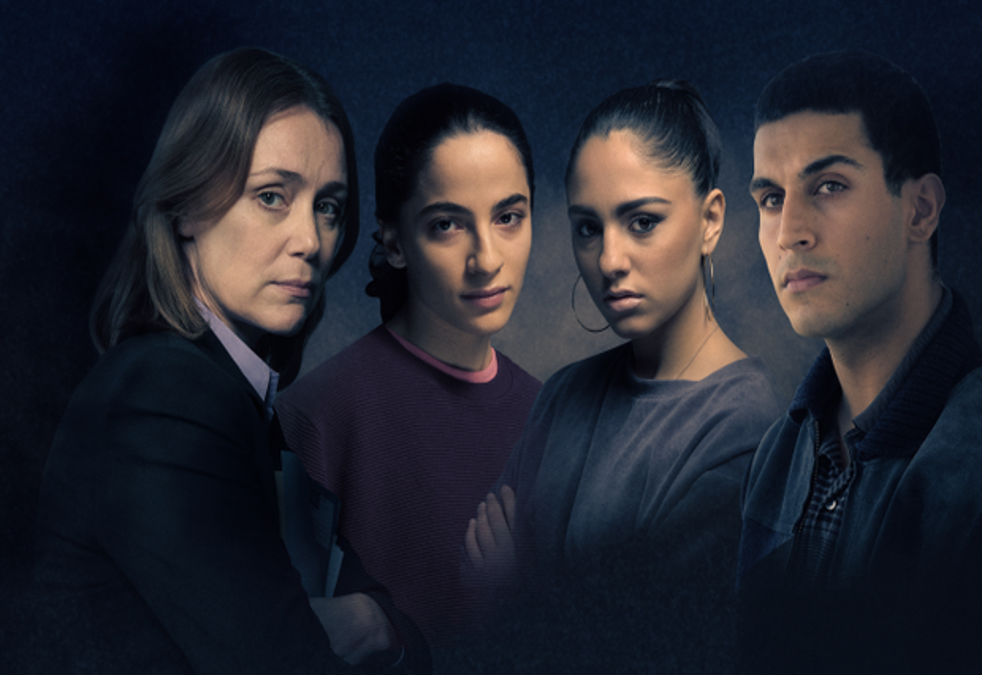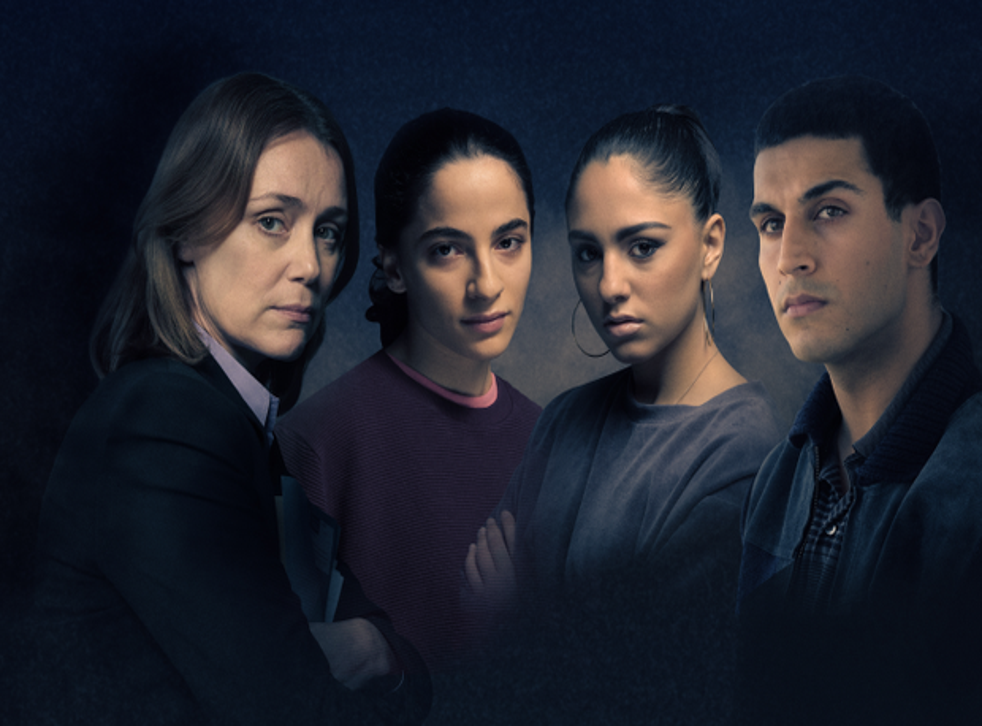Review: Honour (ITV) 2020

Sarbjit Kaur Athwal: Shamed
October 5, 2020
Caroline Goode: Honour, Achieving Justice for Banaz Mahmod
October 6, 2020
Review: Honour (ITV) 2020

Honour (a two-part series) aired on 28th and 29th September 2020 on ITV.
“If anything happens to me, it’s them...it’s them…”
Banaz Mahmod’s haunting words in a police interview rang out clearly in a two-part mini-series on her murder which aired on ITV this week. Fifteen years after Banaz died because of police neglect, her story was told on prime time television.
Banaz’s story deserves to be heard. However, the focus of the series was on the investigation by DCI Caroline Goode (Keeley Hawes) after Banaz’s death and after the repeated police failures. It is necessary to highlight the failures of the police who did not help her when they had the opportunity.
In the first episode, Diana Nammi (played by Ahd Kamel) emphasises the police’s failings. She tells DCI Goode and other members of the investigative team that they had “five chances to prevent this? […] You have admitted that five times the police have failed her. Abandoned. Neglected. Dead. And nobody cares”. These words summarise what happened to Banaz before her death and should have been the focus of the police the series, and the viewer.
‘Honour’, unfortunately, failed to highlight several points worth noting. Firstly, there is an implication that the whole Kurdish community, particularly men, are villainous. By not exploring Banaz’s background and story, some viewers may draw assumptions or stereotypes which could be harmful to their understanding of ‘honour’-killing. The series may leave some viewers with the perception that forced marriage and ‘honour’-killings only happen within the Kurdish community, or to Muslim girls. This is not true. Forced marriage and so-called honour-based violence can be experienced by any culture and all genders, which the Commission aims to highlight. The ending of the series also implied that, at the conclusion of Banaz’s murder trial, forced marriage and so-called honour-based violence no longer occurs or is dealt with appropriately by police in all circumstances.
What is clear from Banaz’s case, and is repeated throughout the series, is that she was failed by the police who ignored her cries for help and refused to believe her statements of the threats to her life. An important demonstration of the policing failure that the police had a list of names that Banaz herself gave to the police; she named the men who would kill her. DCI Goode states “six weeks they had her list. Six weeks and they [the police] did nothing”. This was not just a case of a missing girl who had been murdered; it was a story of repeated failure. “Five times she came to us for help and five times we failed her” says DCI Goode. The programme highlights this failure. However, it is questionable as to whether this failure is really emphasised to the extent that it should be.
Despite the horrific experiences that Banaz went through, due to the focus being on the investigation rather than her story, the most chilling moment of the series was perhaps the words of the police officer who interviewed Banaz after her father had attempted to kill her on New Year’s Eve 2005. Rather than accept Banaz’s story and help her, the police officer wanted to charge her with criminal damage for breaking a window to escape. This interaction produced two statements from the first episode of the programme which were particularly haunting, both coming from the interviewing police officer. Firstly;
“How was I supposed to know? I’ve never had training in honour-based violence.”
This sends a clear message that there was a need for understanding within the police force of identifying forced marriage and so-called honour-based violence. DCI Goode and her team’s work brought the perpetrators to justice, although this occurred after it was too late. This line demonstrates the absence of specific training that could have saved Banaz’s life.
The second line that the police office said in ‘Honour’ is:
“If it happened again today, I wouldn’t do a thing different”
It can be hoped that the series has highlighted to viewers that prior to the final investigation there was a failure within the police force, and in one officer, an unwillingness to change even with knowledge. It is a wish that exposure through programmes such as ‘Honour’ can bring a change of view and understanding as well as approach to victims.
The series did not focus on Banaz, instead focusing on DCI Goode and her investigation. Banaz deserves more than to be known for her death. The series was called ‘Honour’ which suggested that the series was going to be focused on Banaz and honour her memory, whilst being educational about forced marriage and about so-called honour-killing. Instead, the focus was on the police and, by the end of the series, the viewer was not left with an understanding about who Banaz was, her experiences or her story.
In a striking end to the series, the frame was filled with Banaz’s face (played by Burket Komur) from a video interview with the police. Through tears welling up, she asks “what can you do for me? For me”. This striking line hangs in the air when the screen goes dark. Because what did the police do for her? Very little before it was too late. As DCI Goode says at the conclusion of the case “we tried so hard to make up for those mistakes [police failures]” but these mistakes were already made and it cost an innocent young woman her life. It is vital that these failures are prevented in the future to protect others.
The airing of ‘Honour’ meant that Banaz’s family relived the trauma that they went through and their own experiences both before and after her death and the painful memory. You can read more about Banaz’s sister Payzee’s views on the programme here: and here
You can watch the series here: https://www.itv.com/hub/honour/2a7534a0001
Charlotte McDonald and Nasreen Rehman
30th September 2020


